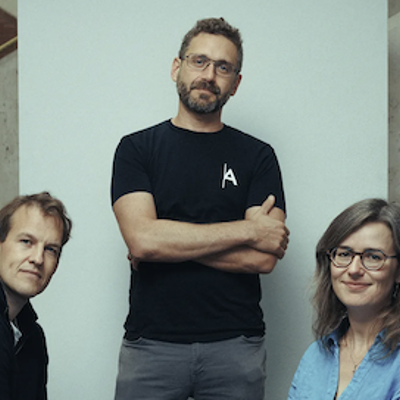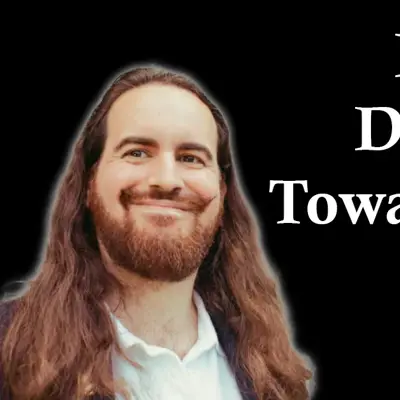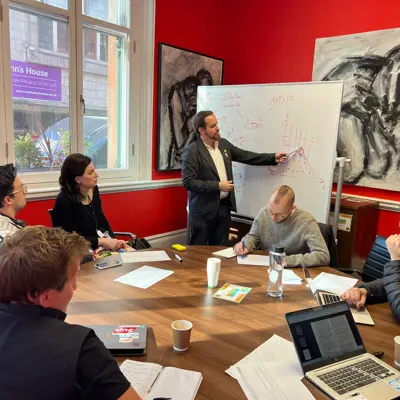
Safeguarded AI
Backed by £59m, this programme aims to develop the safety standards we need for transformational AI.
Our goal
To usher in a new era for AI safety, allowing us to unlock the full economic and social benefits of advanced AI systems while minimising risks.
Why this programme
As AI becomes more capable, it has the potential to power scientific breakthroughs, enhance global prosperity, and safeguard us from disasters. But only if it’s deployed wisely. Current techniques working to mitigate the risk of advanced AI systems have serious limitations, and can’t be relied upon empirically to ensure safety. To date, very little R&D effort has gone into approaches that provide quantitative safety guarantees for AI systems, because they’re considered impossible or impractical.
What we’re shooting for
By combining scientific world models and mathematical proofs we will aim to construct a ‘gatekeeper’, an AI system tasked with understanding and reducing the risks of other AI agents. In doing so we’ll develop quantitative safety guarantees for AI in the way we have come to expect for nuclear power and passenger aviation.

"When stakes are high, promising test results aren’t enough; we need quantitative safety guarantees. We’re building a workflow to harness general-purpose AI to construct guaranteeable domain-specific AI systems for high-risk contexts."
Technical areas
This programme is split into three technical areas (TAs), each with its own distinct objectives.
Scaffolding
We can build an extendable, interoperable language and platform to maintain formal world models and specifications, and check proof certificates.
Machine Learning
We can use frontier AI to help domain experts build best-in-class mathematical models of real-world complex dynamics + train verifiable autonomous systems.
Real-World Applications
A safeguarded autonomous AI system with quantitative safety guarantees can unlock significant economic value when deployed in a critical cyber-physical operating context.
Funding call: Technical Areas 1.2 + 1.3
For TA 1.2, we are looking for Creators to develop the computational implementation of the theoretical frameworks being developed as part of TA 1.1 (the 'Theory'). This implementation will involve version controlling, type checking, proof checking, security-by-design, flexible paradigms for interactions between humans and AI assistants, among others.
For TA 1.3, Creators will work on the 'Human-Computer Interfaces' that facilitate interaction between diverse human users and the systems being built in TA 1.2 and TA 2 (‘Machine Learning’). Examples of HCI use cases include AI assistants helping to author and review world models and safety specifications, or helping to review guarantees and sample trajectories for spot/sense-checking or more comprehensive red-teaming.
Meet the programme team
Our Programme Directors are supported by a Programme Specialist (P-Spec) and Technical Specialist (T-Spec); this is the nucleus of each programme team. P-Specs co-ordinate and oversee the project management of their respective programmes, whilst T-Specs provide highly specialised and targeted technical expertise to support programmatic rigour.
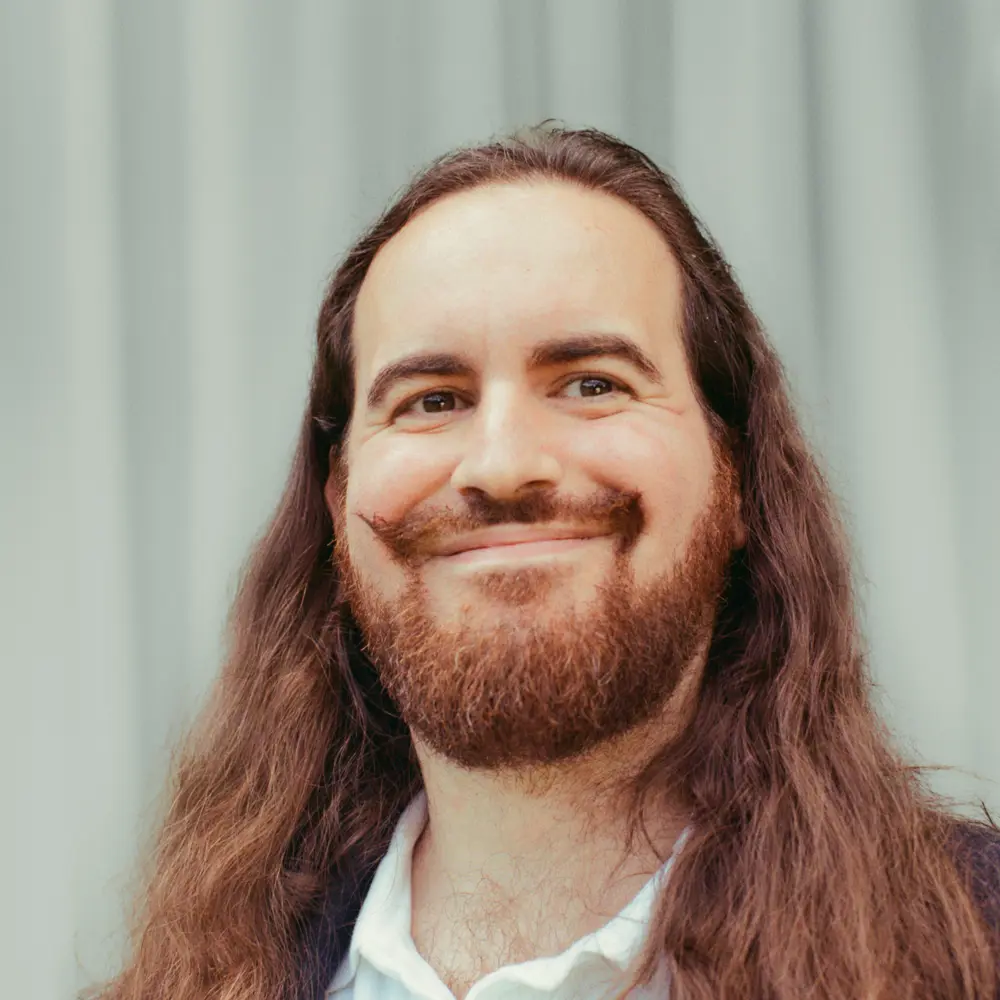
David 'davidad' Dalrymple
Programme Director
davidad is a software engineer with a multidisciplinary scientific background. He’s spent five years formulating a vision for how mathematical approaches could guarantee reliable and trustworthy AI. Before joining ARIA, davidad co-invented the top-40 cryptocurrency Filecoin and worked as a Senior Software Engineer at Twitter.
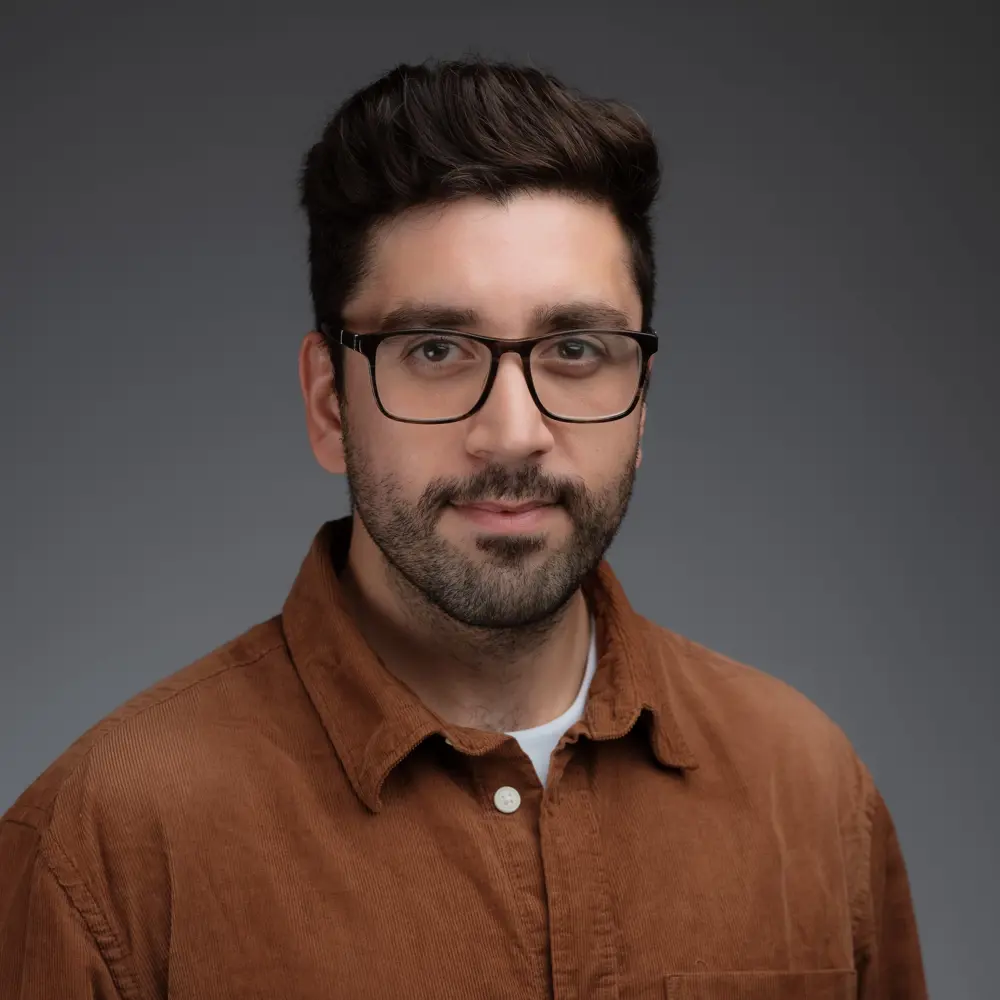
Yasir Bakki
Programme Specialist
Yasir is an experienced programme manager whose background spans the aviation, tech, emergency services, and defence sectors. Before joining ARIA, he led transformation efforts at Babcock for the London Fire Brigade’s fleet and a global implementation programme at a tech start-up. He supports ARIA as an Operating Partner from Pace.
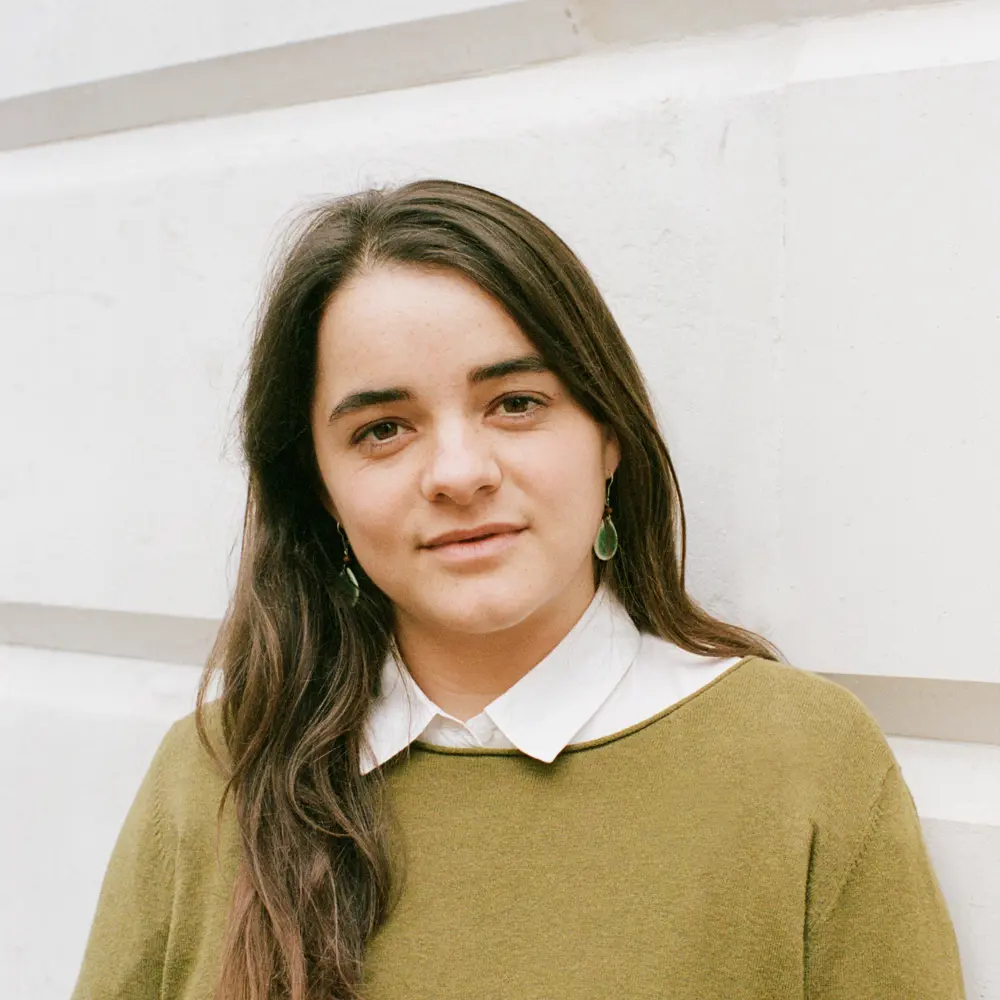
Nora Ammann
Technical Specialist
Nora is an interdisciplinary researcher with expertise in complex systems, philosophy of science, political theory and AI. She focuses on the development of transformative AI and understanding intelligent behavior in natural, social, or artificial systems. Before ARIA, she co-founded and led PIBBSS, a research initiative exploring interdisciplinary approaches to AI risk, governance and safety.
Featured insights

Yoshua Bengio joins Safeguarded AI as Scientific Director
MIT Tech Review
We're excited to welcome Professor Yoshua Bengio as Scientific Director for Safeguarded AI, supporting the work led by Programme Director ‘davidad’ Dalrymple.
As Scientific Director, Yoshua will work with the Safeguarded AI team and our R&D Creators, providing scientific and strategic advice across the full programme, with a particular focus on TA3 and TA2.
Sign up for updates
Stay up-to-date on our programmes and opportunity spaces.
Programme Directors
Our Programme Directors are exceptional scientists and engineers with the curiosity to explore uncharted territory
How we work
We seek out exceptional scientists and engineers and empower them with the resources and autonomy to turn their ideas into reality

